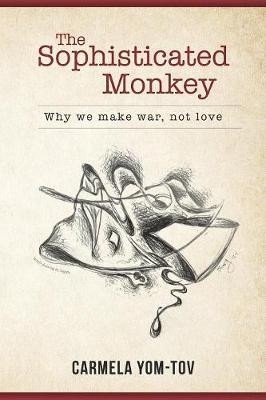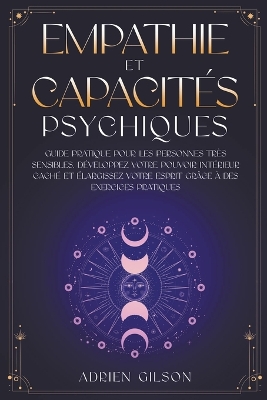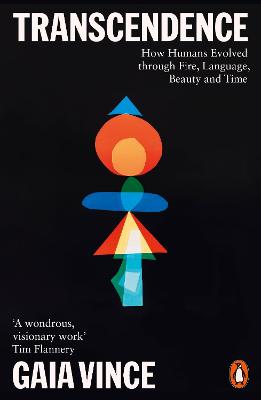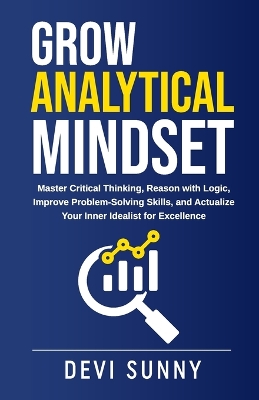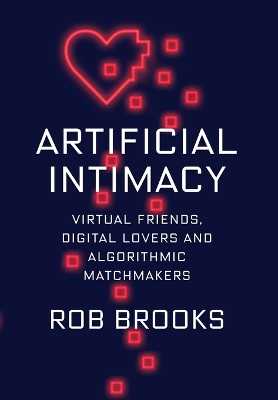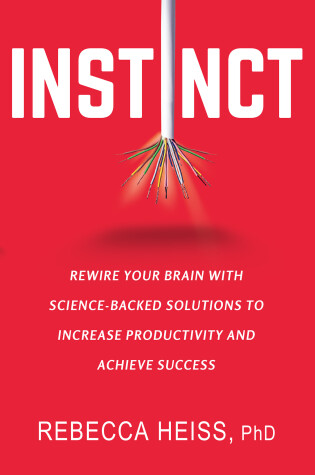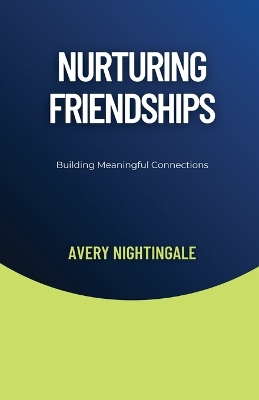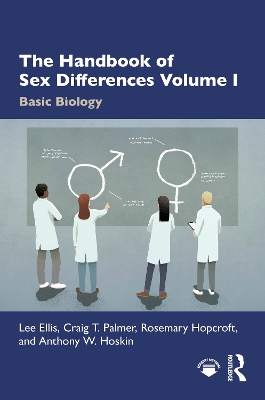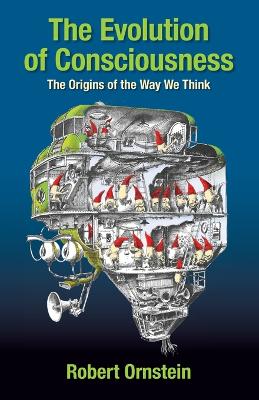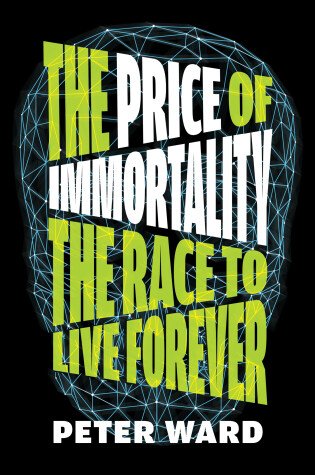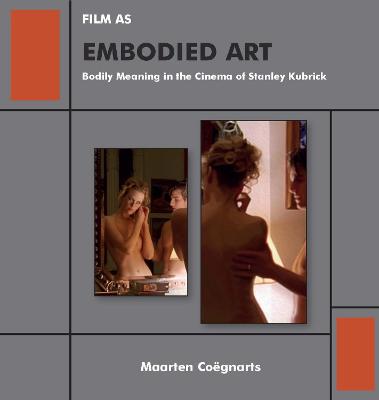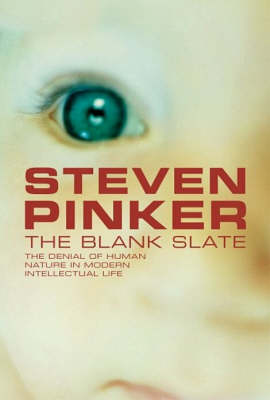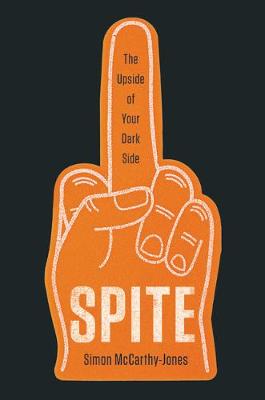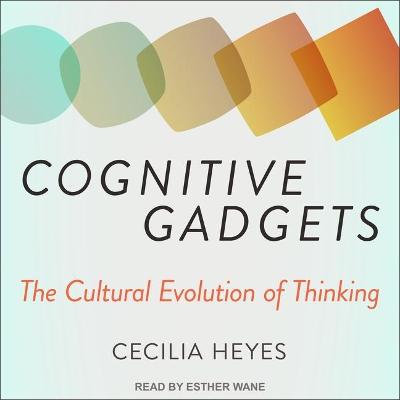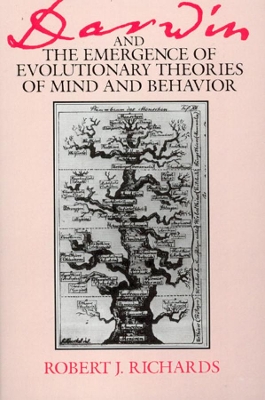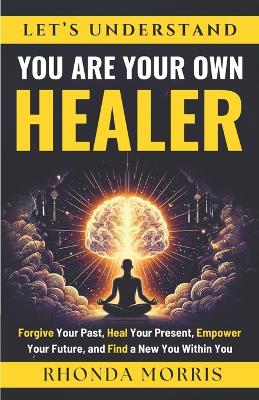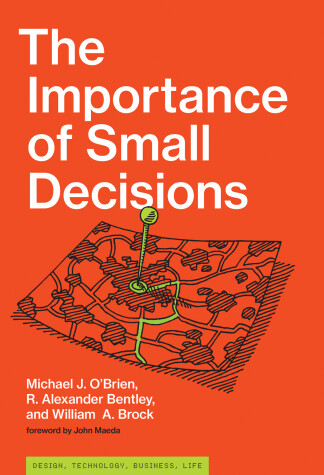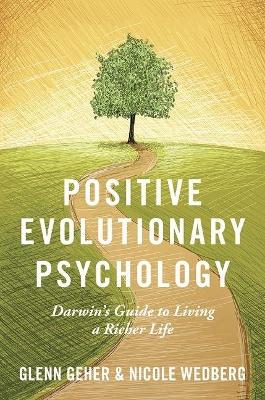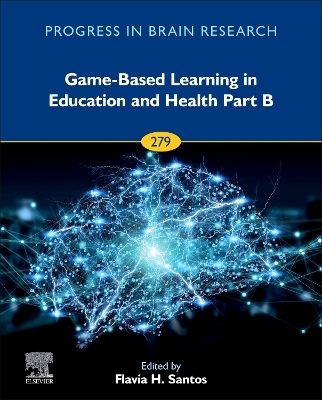Negotiating Darwin (Medicine, Science, and Religion in Historical Context)
by Mariano Artigas, Thomas F. Glick, and Rafael A Martinez
Drawing on primary sources made available to scholars only after the archives of the Holy Office were unsealed in 1998, Negotiating Darwin chronicles how the Vatican reacted when six Catholics-five clerics and one layman-tried to integrate evolution and Christianity in the decades following the publication of Darwin's Origin of Species. As Mariano Artigas, Thomas F. Glick, and Rafael A. Martinez reconstruct these cases, we see who acted and why, how the events unfolded, and how decisions were...
* A TIMES BEST SCIENCE BOOK OF THE YEAR *From the prize-winning author of Adventures in the Anthropocene, the astonishing story of how culture enabled us to become the most successful species on Earth'A wondrous, visionary work' Tim Flannery, author of The Weather MakersHumans are a planet-altering force. Gaia Vince argues that our unique ability - compared with other species - to determine the course of our own destiny rests on a special relationship between our genes, environment and culture g...
Grow Analytical Mindset (Successful Intelligence, #2)
by Devi Sunny
What happens when the human brain, which evolved over eons, collides with twenty-first-century technology? Machines can now push psychological buttons, stimulating and sometimes exploiting the ways people make friends, gossip with neighbors, and grow intimate with lovers. Sex robots present the humanoid face of this technological revolution—yet although it is easy to gawk at their uncanniness, more familiar technologies based in artificial intelligence and virtual reality are insinuating themsel...
Evolutionary biologist Rebecca Heiss reveals the science behind our self-sabotaging behaviors that undermine our productivity, success, and happiness: instincts developed hundreds of thousands of years ago that are devastatingly mismatched to our current environments--and offers simple, actionable techniques to redirect those instincts to work for us rather than against us. A REVOLUTIONARY APPROACH TO UNLOCKING YOUR INNATE ABILITY TO ACHIEVE SUCCESS IN BUSINESS AND IN LIFE Why do we constantl...
The Handbook of Sex Differences Volume I Basic Biology
by Lee Ellis, Craig T. Palmer, Rosemary Hopcroft, and Anthony W. Hoskin
The Handbook of Sex Differences is a four-volume reference work assembled and written to assess sex differences in human traits (although findings regarding other species are also included). Based on the authors’ highly influential 2008 book Sex Differences, these volumes highlight important new research findings from the last decade and a half alongside earlier findings. Conclusions reached by meta-analyses are also included. In this, the work’s first volume, findings from thousands of studies...
Biological Economics (The International Library of Critical Writings in Economics)
>This research review discusses and analyses a unique collection of key publications at the intersection of biology and economics, two disciplines that share a common subject: Homo sapiens. Beginning with Thomas Malthus - whose dire predictions of mass starvation due to population growth influenced Charles Darwin - economists have routinely used biological arguments in their models and methods. The review summarizes the most important of these developments in areas such as sociobiology, evolutio...
In the tradition of Jon Ronson and Tim Wu, an absorbing and revelatory journey into the American Way of Defying Death . . . As longevity medicine revolutionizes the lives of many older people, the quest to take the next step—to live as long as we choose—has spurred a scientific arms race in search of the elixir of life, funded by Big Tech and Silicon Valley. Once the stuff of Mesopotamian mythology and episodes of Star Trek, the effort to make humans immortal is becoming increasingly...
How do the films of Kubrick communicate mental events of characters in a purely visual manner? And how does the music in his films express meaning when music in essence is an abstract and non-representational art form? Drawing on state-of-the-art discoveries within embodied cognitive science, this book sets out to address these and other questions by revealing Kubrick as a genuine artist of embodied meaning-making, a filmmaker who perhaps more than any other director, uses all the resources of f...
Following HOW THE MIND WORKS, Pinker now asks: what makes a person? Pinker challenges conventional wisdom that our thoughts and feelings seep into our heads from the surrounding culture. This is the assumption behind discussions in dozens of areas, from how to reduce illiteracy and crime to how to lose weight and bring up children. Pinker shows this is all wrong: we are not blank slates, but are born with our characteristics in place: as species, gender and individual. Human nature cannot be...
"It's a rare author who can combine literary erudition and an easy fluency of style together with expert knowledge of psychology and evolutionary biology. David Barash adds to all this a far-seeing wisdom and a humane decency that shines through on every page. The concluding section on the senseless and dangerous futility of nuclear deterrence theory is an irrefutable tour de force which should be read by every politician and senior military officer. If only!" -- Richard Dawkins From hurricanes...
Women and Madness
"Intense, rapid, brilliant. A pioneer contribution to the feminization of psychiatric thinking and practice." -Adrienne Rich, New York Times Book Review "Challenges the definition of madness itself. No serious future studies will be able to ignore its theories or its very existence." -Gloria Steinem, Ms. Magazine "A stunning book . . . absolutely fascinating . . . necessary to every woman in America." - Los Angeles Times Feminist icon Phyllis Chesler's pioneering work, Women and Madness , remain...
With insight and wit, Robert J. Richards focuses on the development of evolutionary theories of mind and behavior from their first distinct appearance in the eighteenth century to their controversial state today. Particularly important in the nineteenth century were Charles Darwin's ideas about instinct, reason, and morality, which Richards considers against the background of Darwin's personality, training, scientific and cultural concerns, and intellectual community. Many critics have argued th...
Let's Understand You Are Your Own Healer (Your Ultimate Path to Selfcare, #2)
by Rhonda Morris
The Importance of Small Decisions (Simplicity: Design, Technology, Business, Life)
by Michael J. O'Brien, R. Alexander Bentley, and William A. Brock
How people make decisions in an era of too much information and fake news.Humans originally evolved in a world of few choices. Prehistoric, preindustrial, and predigital eras required fewer decisions than today's all-access, always-on world of too much information. Economists have largely discarded the idea that agents act rationally and the market follows suit. It seems that no matter how small or innocuous a decision might seem, there's almost no way to guess the effect it might have. The auth...
Positive Evolutionary Psychology
by Glenn Geher and Nicole Wedberg
Positive psychologists focus on ways that we can advance the lives of individuals and communities by studying the factors that increase positive outcomes such as life satisfaction and happiness. Evolutionary psychologists use the principles of evolution, based on Darwin's understanding of life, to help shed light on any and all kinds of psychological phenomena. This book brings together both fields to explore positive evolutionary psychology: the use of evolutionary psychology principles to help...
Game-Based Learning in Education and Health Part B (Progress in Brain Research)
Game-Based Learning in Education and Health, Part B, Volume 279 in the Progress in Brain Research series, highlights new advances in the field, with this new volume presenting interesting chapters on highly relevant topics including Evaluating the validity of game-based assessments measuring cognitive function among children and adolescents: A systematic review and meta-analysis, Children grow upwards, and so does the number line: Evidence from a directional number line paradigm, and Tasting inh...

